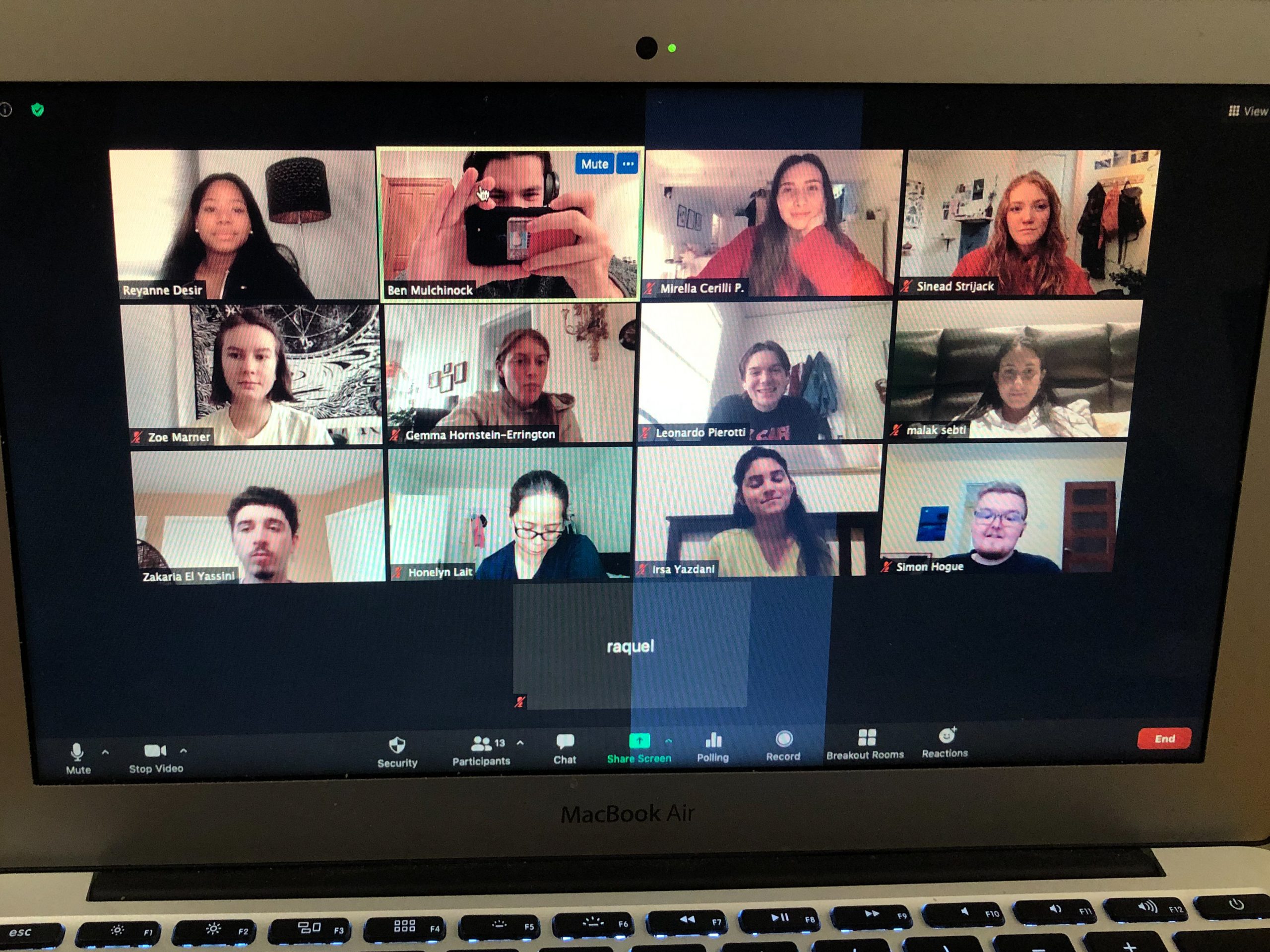For Canadians and anyone else living in a country that doesn’t require mandatory military service, it’s hard to imagine being left without a choice about whether or not you will serve in your country’s army.
For Tal Sheiber, a Montrealer and Israeli soldier, joining the army was less about choice than it was about following what seemed like “second nature.” Sheiber accepted the fact that he would be going to the army as soon as he turned 18.
Israel has had mandated military service since its first prime minister, David Ben Gurion, declared the state’s independence on May 14, 1948. It has since kept to the principle that every Israeli commits themselves to three years of service once they reach 18. Although not always involved in direct battle, Israel has always been in a state of uncertainty. The day after Gurion declared independence, Israel was attacked by five neighbouring countries – Egypt, Jordan, Lebanon, Iraq and Syria.
When a country is shaped by war since its infancy, it tends to breed a different kind of youth, with a different frame of reference. Growing up in this context can also leave a lasting impression on one’s psyche.
“It’s a part of who you are when you grow up in Israel,” said Sheiber.
He feels strongly about his dedication toward Israel and is loyal towards its army because of his upbringing. During high school, he said it was “unheard of that someone would skip out on the army without a valid reason, and it was very frowned upon if someone did.”
Sheiber is actually opposed to the concept of war. His interests revolve around literature and education, and he owns an enormous music library. It’s difficult to look around his apartment without seeing a guitar pick.
Being anti-war, yet being able to come to terms with mandatory military service seems like an odd juxtaposition, but Sheiber says that he sees it as his duty to protect his country.
The two realities do present a sense of inner conflict for Sheiber. However, loyalty towards his country requires him to complete his mandatory three years of service. Sheiber’s loyalty stops there. He chose not to stay in the army beyond that. He would rather promote peace through education, which he plans to study in university come September when he returns to Montreal.
Sheiber isn’t trying to start a peace movement. He has worked with Jewish youth in the Montreal community for many years, promoting the beauty of Israel, the uncertain situation in his country and the ugliness of war.
Although he says an anti-war position seems to be becoming a worldwide movement, he dismisses the notion that people can or should avoid mandatory service for what he says are “mediocre reasons.”
“Without mandatory service,” said Sheiber, “I wouldn’t have gone to the army and the [I.D.F.] wouldn’t have close to enough manpower.”
There are exceptions to the mandatory service laws in Israel. Ultra-orthodox Jews aren’t required to serve time in the Israeli Defense Force (I.D.F.) and the majority don’t, although there is a special battalion for the select few who volunteer. The concept was Ben Gurion’s idea, who decided that the secular Jews would fight during 1948’s Arab-Israeli War, and that the religious Jews would pray for the soldiers.
Sheiber said he accepts the fact that some of his fellow Israelis don’t go to the army for religious, physical or mental reasons. “There is an understandable grey area – it’s not just black and white,” he said.
At the same time, he feels very strongly about dedication toward his homeland. He doesn’t accept the anti-war excuse, because he says that in his heart, he himself is anti-war.
Mandatory service in Israel doesn’t end after three years when you turn 21. As part of Israeli law, every soldier becomes a part of the reserves when they’re done their initial term. As a reserve, each Israeli must return to the army for a month every year, for 25 years. The reserves also stand as backup support if needed by the I.D.F. in time of war. For that reason, Sheiber was called back to the army in the summer of 2006 during the country’s war in Lebanon.
Master your Photo Skills with the Concordian
Photography is as easy as one, two, three! Are you ready to switch out the average camera on…



